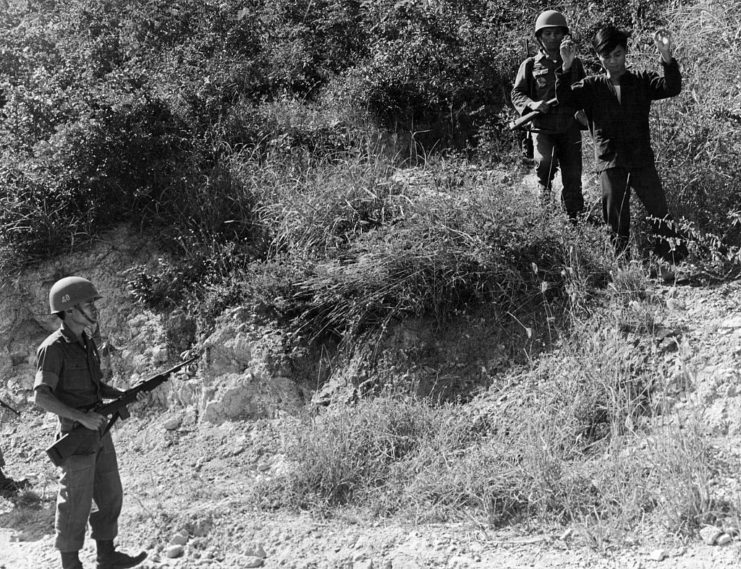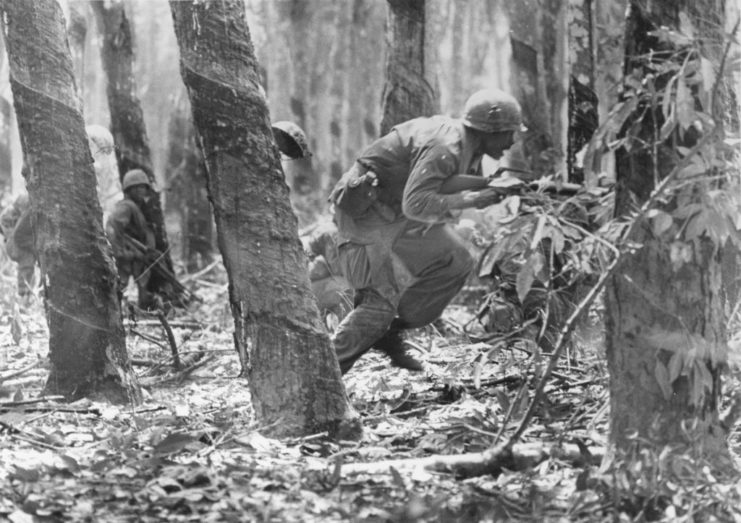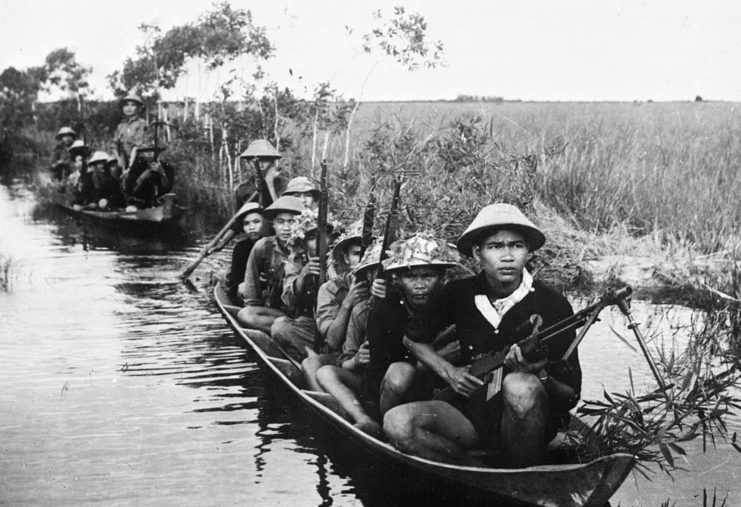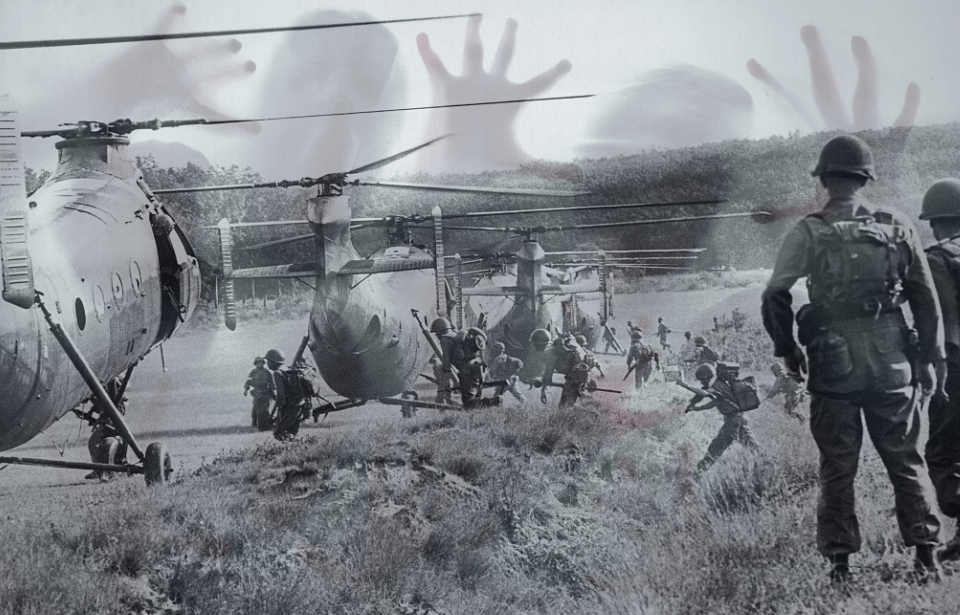The US military is no stranger to the use of propaganda and psychological tricks when it comes to conducting war. During World War II, the Allied forces made use of such tactics against the Germans, and by the time the Vietnam War was in full swing in the 1960s, American troops had expanded their deployment of psychological warfare. One way they did this was through the launch of Operation Wandering Soul, which played upon Vietnamese superstitions and beliefs.
The logic behind Operation Wandering Soul
Similar to a number of other cultures around the world, the Vietnamese have their own beliefs regarding what happens after someone dies. It’s believed that those who have passed must receive a proper burial, lest they be made to wander the earth for all eternity and cause misfortune for the living. This is particularly true for those who have died a violent death away from home.

The US military was aware of Vietnamese beliefs surrounding death, with the US Military Assistance Command, Vietnam (MACV) having written a report in December 1969 outlining the types of ghosts that could be used in different psychological warfare campaigns.
Officials wanted to put this knowledge to use and decided to develop an operation that would not only demoralize the Viet Cong and troops with the People’s Army of Vietnam (NVA), but also convince them to desert and defect.
The ghostly tapes were recorded in Saigon
For weeks, engineers with the US military spent weeks recording ghostly sounds at a studio in Saigon. South Vietnamese and defected Viet Cong soldiers were also brought in to record their own audio, to increase the authenticity of the tapes.

Among the sounds recorded included the cries of women and children, the banging of gongs, howling noises, voices of Viet Cong “descendants” and iterations of some of the scariest ghosts in Vietnamese folklore. This included the “tightening-knot ghost,” which was intended to convince enemy troops to die by suicide after whispering “cổ cổ” – “neck” in Vietnamese.
Targeting the Viet Cong at night
The recordings produced in Saigon were used by the US Army and Navy. They would start blaring the tapes at 8:00 PM and play them all night long, often from Patrol Craft Fast (PCF) “Swift” boats and helicopters. Special infantry and foot soldiers would also be deployed behind enemy lines to play the recordings on speakers strapped to their backs or hung from trees.
The US military also had dedicated battalions for its special warfare operations. One was the 6th Psychological Operations Battalion, which was initiated in Vietnam in November 1965. Its men were among those who utilized the tapes against the Viet Cong and North Vietnamese.
One recording, dubbed “Ghost Tape Number Ten,” was typically played in areas where the Viet Cong were known to be hiding. It was allegedly hard to ignore them, too, as they were played so loud that the sound traveled through the underground tunnels that snaked through the Vietnamese jungle.
Was Operation Wandering Soul successful?
There are mixed opinions as to whether or not Operation Wandering Soul was successful. There were a number of Viet Cong defections during the time it was in effect, including 150 who feared being killed by tigers after hearing audio with animal sounds and five others who surrendered during another incident.
Rumors began to spread among locals about certain areas being haunted, with some farmers going so far as to refuse work near where the tapes were broadcasted. According to The War Zone, the tapes were so effective that troops were advised to avoid playing them near where South Vietnamese forces were stationed. “They were as susceptible as the Viet Cong and North Vietnamese Army,” said Raymond Deitch, who commanded the 6th Psychological Operations Battalion.

More from us: US Air Force Pilot Richard Ritchie Shot Down Five Enemy Aircraft in Vietnam
That’s not to say, however, that the Viet Cong weren’t aware that the recordings were fake. There was evidence that enemy leadership was worried about the psychological effects of the tapes, and there were instances where the Viet Cong would actually fire at US troops that were playing them. While this initially put the US forces in danger, it also revealed the enemy’s location, allowing them to return fire.
